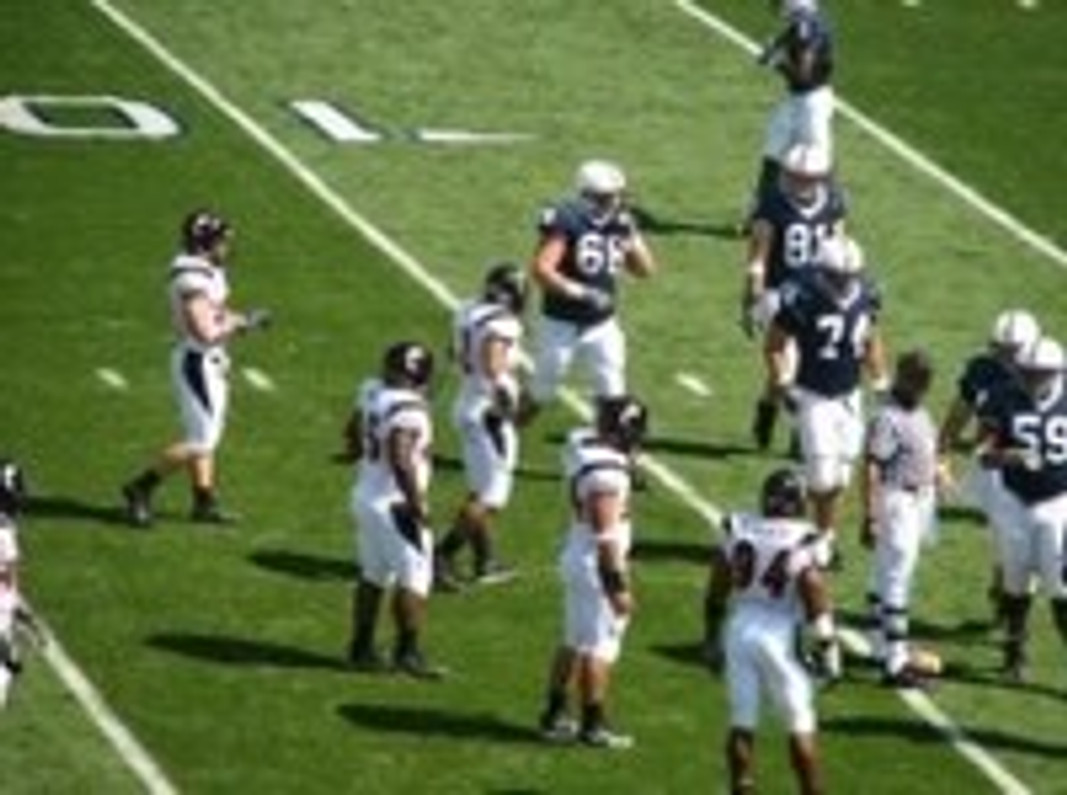California Changes Football Rules To Prevent Head Injuries
In an effort to protect youth football players against concussions and other head injuries, California Governor Jerry Brown signed a new law into effect that limits full-contact practices.
The law, which is being dubbed AB 2127, essentially limits middle school and high school players to 90-minute or less full-contact practice sessions. In addition, the new law also limits the number of full-contact practice sessions during the regular session to just two, and prohibits teams from full-contact practice during the off-season.
"AB 2127’s practice guidelines will reassure parents that their kids can learn football safely through three hours of full-contact practice … to maximize conditioning and skill development while minimizing concussion risk," said assemblyman Ken Cooley, who also sponsored the bill.
Proponents of AB 2127 say the new bill will protect youth against head injuries. The long-term effects of concussions remains largely unknown, as current and former NFL players continue push forward with lawsuits which accuse the League of negligence and failing to adequately protect its players.
According to a recent study, nearly one third of high school football players say they've experienced concussion-like symptoms as a result of being tackled but didn't report the symptoms to their coach or medical staff. A similar study conducted by the Institute of Medicine found the incident rate of head injuries in high school football was twice that of the incident rate among college players.
Head injuries have become a hot topic in youth sports as of late. Back in May, President Obama held a summit at The White House which focused on concussions in youth sports. This summit raised millions of dollars towards the funding of research involving the effects and treatment of concussions.
With the threat of lawsuits hovering over school sporting organizations, California lawmakers have taken matters into their own hands by passing AB 2127. Will limiting full-contact practice sessions have a positive impact on football-related head injuries? This is a question that remains to be seen, but it certainly can hurt.
Critics of AB 2127, however, say it will leave players underprepared for their games. By limiting full-contact practice sessions, players won't have the experience necessary to protect themselves on the field -- at least that's the argument some coaches are parents of youth football players are making.
The new changes are scheduled to take effect January 1, 2015.
Do you believe this a step in the right direction for youth sports? Let us know in the comments section below!
Recent Posts
-
Fire Safety in the Workplace: What You Need to Know
What steps are you taking to prevent fires in your workplace? According to the U.S. Occupational Saf …Aug 23rd 2023 -
Is It Safe to Go Jogging With a Cold Infection?
If you're suffering from a cold infection, you might be wondering whether it's safe to go jogging. T …Aug 22nd 2023 -
5 Safety Tips to Follow When Using a Powder-Actuated Tool
Powder-actuated tools are commonly used to join materials to steel and concrete. Also known as Hilti …Aug 20th 2023




